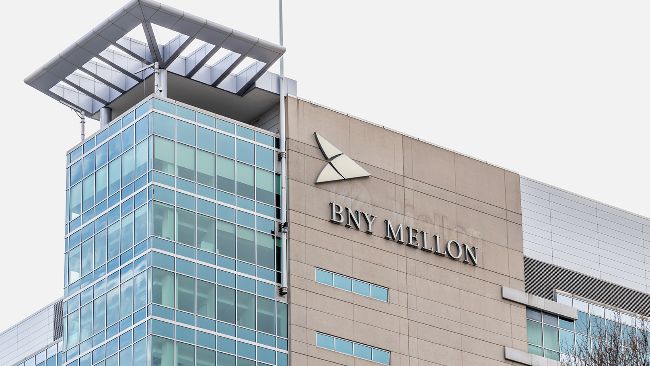BNY Mellon is considering developing stablecoin infrastructure but has not committed to launching its own token, executives said during the company's recent earnings call on Thursday.
The bank, one of the world's largest custodians, has brought forward several blockchain-related investments to 2025, including ones that support real-world asset settlement and tokenized payments. Executives are tying the acceleration to a more “constructive” regulatory environment and improving market conditions.
“With the change in administration and everything going on in the digital asset space, we have brought forward some of our investments that may have previously fallen below the line,” said Dermot McDonough, BNY's chief financial officer.
Asked if BNY Mellon has plans to issue its own stablecoin, CEO Robin Vince declined to give a definitive answer, but said the bank's strategy is focused on supporting the broader ecosystem rather than issuing branded tokens.
BNY-branded stablecoins are likely to be useful for institutional use cases, such as settling tokenized assets and facilitating intraday liquidity. But for now, the bank appears to be focused on building a flexible infrastructure rather than launching products.
“We're in the business of helping enable infrastructure, capital markets,” Vince said on the conference call. “We partner with stablecoins. We enable stablecoins for others and that is really the core of our strategy.”
The bank already serves some of the largest stablecoin issuers, providing custody, collateral management, payments, and other backend infrastructure.
He added that many companies may want to use stablecoins internally without building their own technology stack, creating demand for infrastructure providers like BNY Mellon. He emphasized that the company is likely to enhance other stablecoins behind the scenes, while leaving open the possibility of developing a “last minute” system to issue BNY-branded stablecoins.
“We will remain agile,” Vince said, adding, “I think the sweet spot is to enable an ecosystem that brings together cash, collateral, mobility and infrastructure, rather than issuing something ourselves.”
Separately, the company said it has reallocated about $500 million in cost savings this year to growth strategies such as digital assets and artificial intelligence. Efficiency gains came from internal rationalizations, repositioning the company's expense base without significantly expanding it.
McDonough noted that BNY Mellon's board of directors, which met earlier this week, asked whether the company is making enough investments across the board given the favorable market conditions. The board's interest is not specific to digital assets, but reflects a broader push to position the company for long-term growth.


